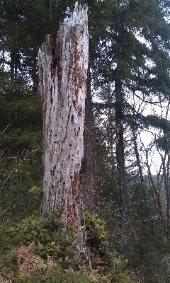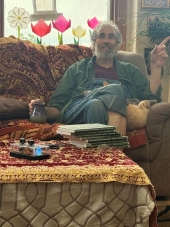posted 4 years ago
Somewhere on here is an interesting thread about "ringing" trees and allowing them to die, naturally, upright, until ready to harvest (1-2yrs?). Apparently this creates much stronger wood as the sap is absorbed (?) or something. Just thought I would mention it as it seems you will be harvesting to create dimensional lumber.
As to re-establishing a "wildlife" forest, I would speak to DNR about your plan; extending what they are already doing may lead to some verbal or written insight into their plans and research. Contacting local or state conservation groups may also yield some very useful insights and "intelligence. Heck, if the investigative work has already been done, avail yourself of it!
There is also the possibility of free/subsidized trees, shrubs etc from these sorts of organizations due to environmental improvement initiatives, over purchasing, or having them add to their order on your behalf. Bulk purchases are generally cheaper.
I would also check the local heritage/history folks/groups as they may even have photographs of what your (or nearby) land historically looked like as far as natural foliage.
As to where the driveway is washing out/marshy areas or the creek/pond, don't fight water, it will ALWAYS win. You CAN work with it, gently redirect, or even excavate damp zones to create low spots for the water to collect/drain to, creating useful rather than bothersome water.
I would not be too hasty doing anything, just yet. I would live a solid 12 mths to see what happens, where it happens; how do things change seasonally and with different weather?
Now is the perfect time to get friendly with someone who owns a drone; or the perfect excuse to buy one and become skilled in it's operation. This will allow you to survey the land, regularly, through all seasons and all weather, giving you insight that would otherwise be unavailable, or unnoticed.
Whatever you do, take the time to really "learn" your land - taking the time now will save you a tremendous amount of work, energy, and funds, down the road. Don't view this as a "wasted year", view it as an investment in your property, so you can use it in the best way possible.
Lorinne Anderson: Specializing in sick, injured, orphaned and problem wildlife for over 20 years.

 2
2












 1
1




 1
1
























 1
1












 2
2








 1
1




 1
1









